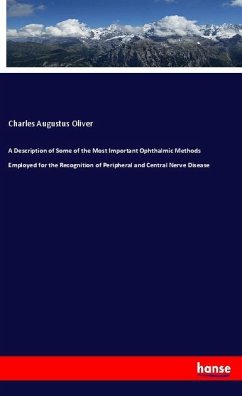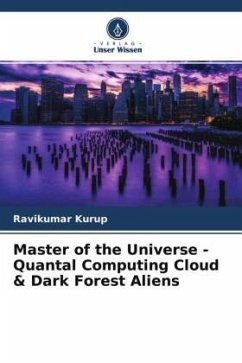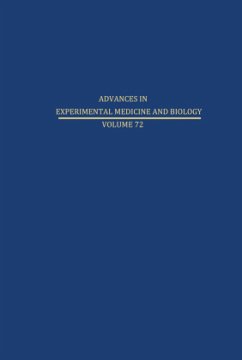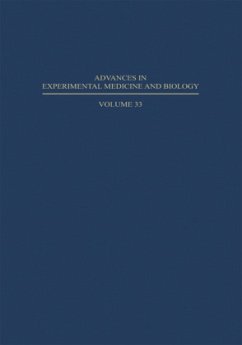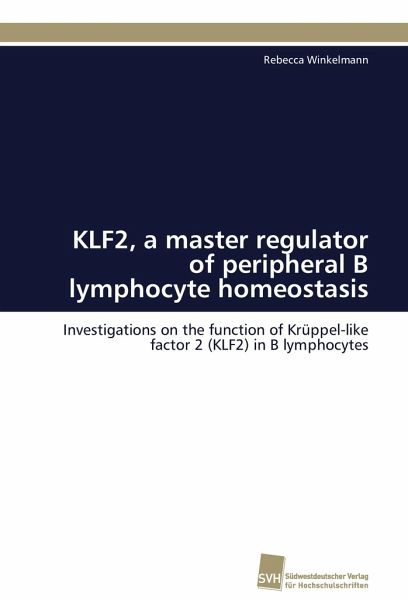
KLF2, a master regulator of peripheral B lymphocyte homeostasis
Investigations on the function of Krüppel-like factor 2 (KLF2) in B lymphocytes
Versandkostenfrei!
Versandfertig in 6-10 Tagen
53,90 €
inkl. MwSt.

PAYBACK Punkte
0 °P sammeln!
Lymphocytes play a prominent role in the combat of infectious diseases. For a sufficient but limited immune response it is essential that migration and activation of lymphocytes are strictly controlled. The transcription factor KLF2 modulates T lymphocyte egress from lymphoid organs by regulating S1P1. This is not the case for B cells. Instead, KLF2 regulates homeostasis of B cells in peripheral lymphatic organs and homing of plasma cells to the bone marrow, presumably by controlling the expression of beta7 integrin. In mice with a B cell-specific deletion of KLF2, S1P1 expression on B cells w...
Lymphocytes play a prominent role in the combat of infectious diseases. For a sufficient but limited immune response it is essential that migration and activation of lymphocytes are strictly controlled. The transcription factor KLF2 modulates T lymphocyte egress from lymphoid organs by regulating S1P1. This is not the case for B cells. Instead, KLF2 regulates homeostasis of B cells in peripheral lymphatic organs and homing of plasma cells to the bone marrow, presumably by controlling the expression of beta7 integrin. In mice with a B cell-specific deletion of KLF2, S1P1 expression on B cells was only slightly affected. Accordingly, all splenic B cell subsets were present, but their numbers were increased with a clear bias for marginal zone (MZ) B cells. In contrast, fewer peyers patches harboring less B cells, fewer B1 cells in the peritoneal cavity as well as recirculating B cells in the bone marrow were found. Upon thymus-dependent immunization, IgG titers were diminished and antigen-specific plasma cells were absent in the bone marrow. Furthermore this study provides first evidence that KLF2 is posttranslationally phosphorylated directly or indirectly by the PI3K signaling pathway.



